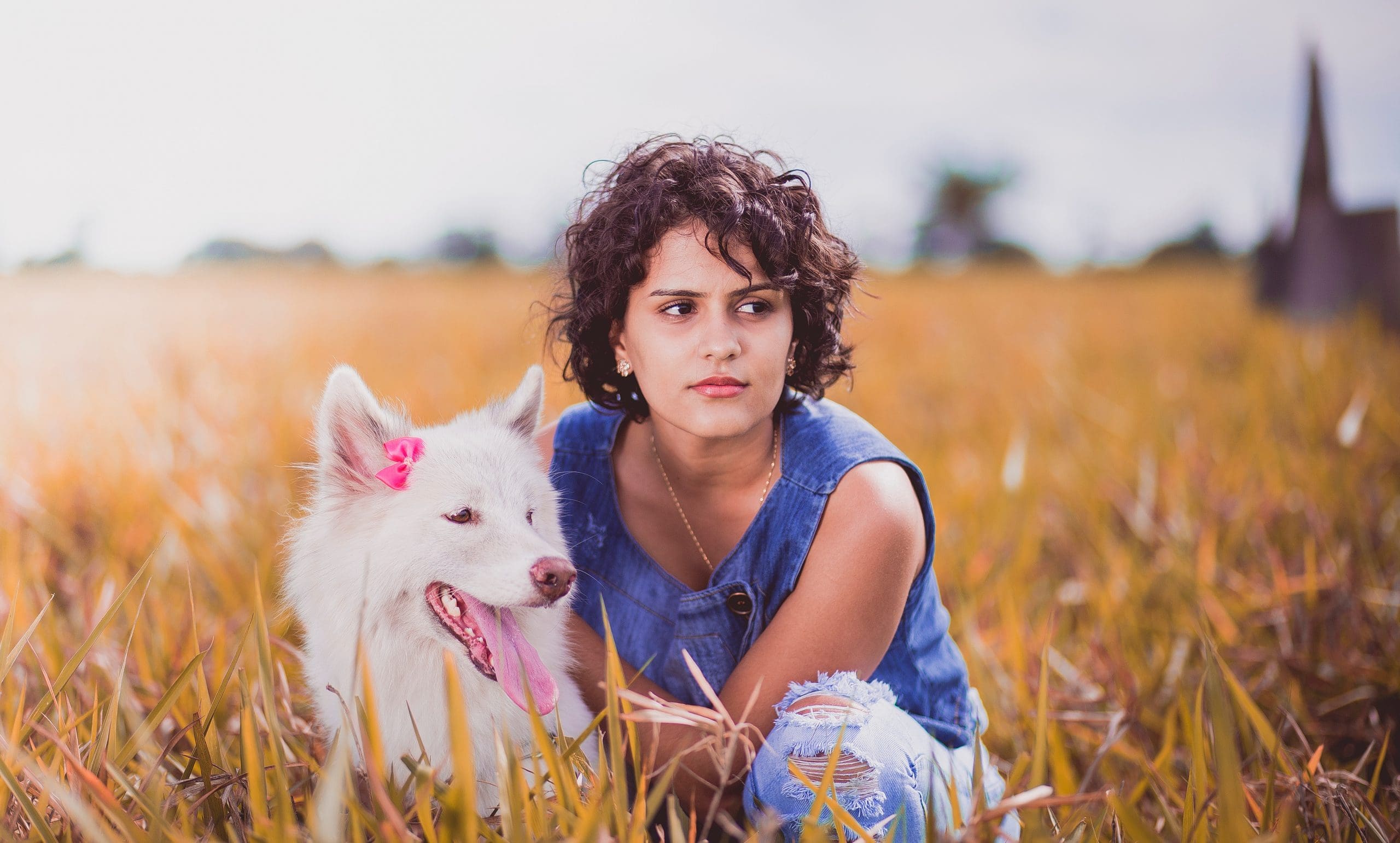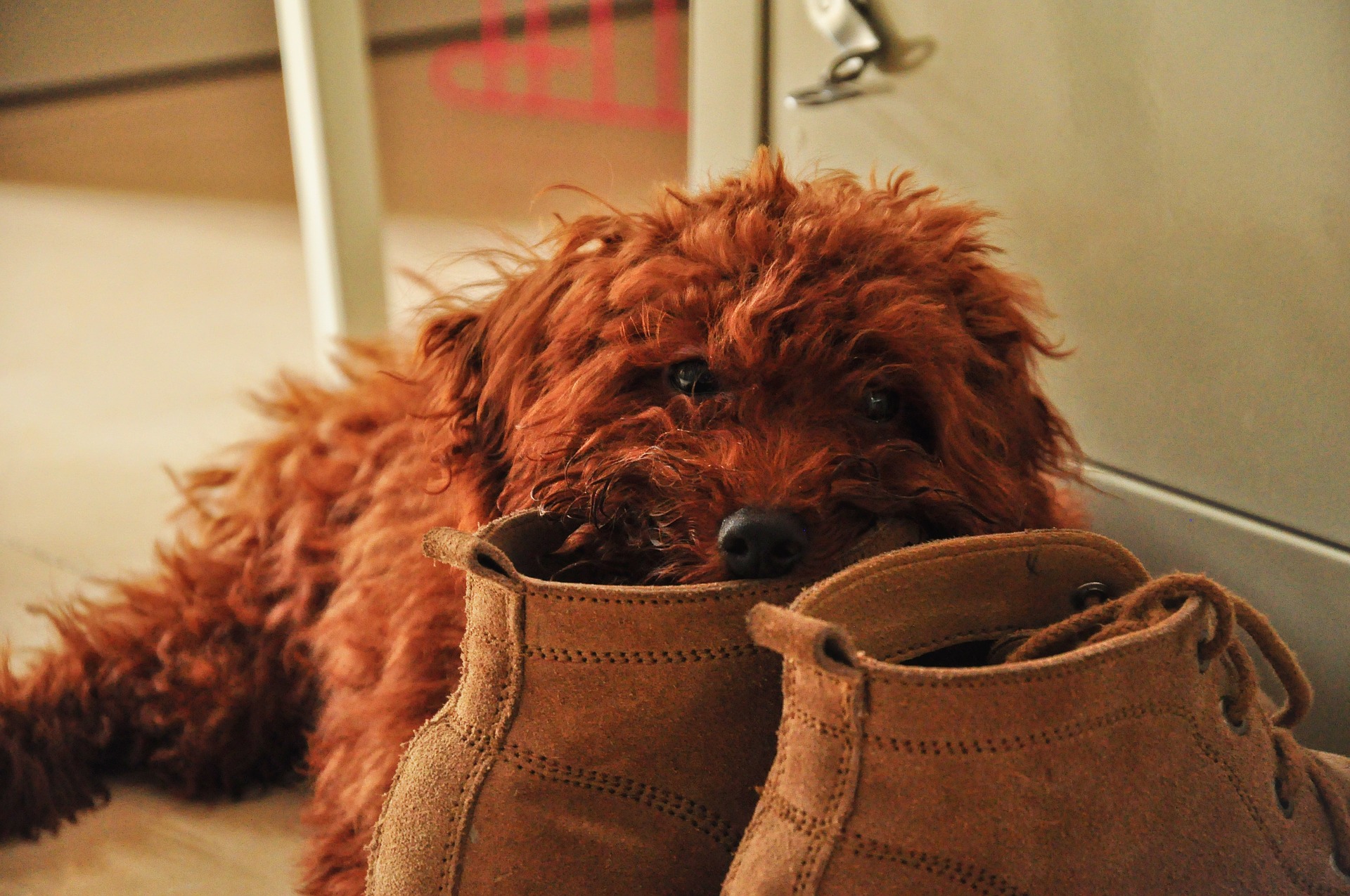Have you ever caught your dog engaging in the unpleasant habit of eating human feces? This behavior, known as coprophagia, can be alarming and confusing for pet owners. While it may seem bizarre and disgusting, there are several reasons why dogs engage in this behavior. Understanding the underlying causes can help you address the issue effectively and ensure your dog's health and well-being. In this article, we will explore why dogs eat human feces, the potential health risks involved, and practical solutions to prevent this behavior.
Coprophagia is more common than you might think, and it can occur for a variety of reasons, including nutritional deficiencies, boredom, or even learned behavior. While it may not always indicate a serious problem, it is essential to take this behavior seriously, as it can pose health risks to your dog and your household. By gaining a deeper understanding of this behavior, you can take proactive steps to curb it and ensure your dog remains healthy and happy.
In the following sections, we will delve into the science behind coprophagia, explore potential causes, and provide actionable tips to stop your dog from eating human feces. Whether you're a new dog owner or have been dealing with this issue for a while, this article will equip you with the knowledge and tools you need to address the problem effectively.
Read also:Housewives Of Beverly Hills A Glimpse Into The Glamorous And Chaotic Lives Of Las Elite
Table of Contents
What is Coprophagia?
Coprophagia is the scientific term used to describe the act of eating feces. While it is most commonly associated with dogs, this behavior can also be observed in other animals. In dogs, coprophagia can involve eating their own feces, the feces of other dogs, or even human feces. While it may seem repulsive to humans, this behavior is not uncommon in the animal kingdom and often serves a specific purpose.
There are two main types of coprophagia: autocoprophagia and allocoprophagia. Autocoprophagia refers to a dog eating its own feces, while allocoprophagia involves consuming the feces of other animals or humans. Both types can be triggered by a variety of factors, including nutritional needs, behavioral issues, or environmental influences.
Why Do Dogs Eat Human Feces?
Understanding why dogs eat human feces requires a closer look at their instincts, dietary needs, and environmental factors. Below are some of the most common reasons behind this behavior:
- Nutritional Deficiencies: Dogs may eat feces if their diet lacks essential nutrients.
- Boredom or Anxiety: Behavioral issues such as boredom or anxiety can lead to coprophagia.
- Learned Behavior: Puppies may learn this behavior from their mother or other dogs.
- Instinctual Behavior: In the wild, some animals eat feces to eliminate traces of their presence.
Nutritional Deficiencies
One of the primary reasons dogs eat human feces is nutritional deficiencies. Dogs are omnivores, and their bodies require a balanced diet to function properly. If their diet lacks essential vitamins, minerals, or enzymes, they may resort to eating feces in an attempt to compensate for the missing nutrients.
For example, a lack of digestive enzymes can lead to poor nutrient absorption, causing dogs to seek out alternative sources of nutrition. Human feces may contain undigested food particles or enzymes that appeal to dogs in this situation. To address this issue, consult your veterinarian to evaluate your dog's diet and recommend appropriate supplements or dietary changes.
Behavioral Factors
Behavioral factors such as boredom, anxiety, or stress can also contribute to coprophagia. Dogs are social animals that thrive on interaction and mental stimulation. If they are left alone for long periods or do not receive enough physical and mental exercise, they may develop undesirable behaviors, including eating feces.
Read also:Mike Tyson Vs Jake Paul Results A Clash Of Generations
Additionally, some dogs may eat feces as a way to gain attention, even if the attention is negative. This behavior can become a learned habit if it is consistently reinforced. To prevent this, ensure your dog receives adequate exercise, mental stimulation, and positive reinforcement for good behavior.
Health Risks of Coprophagia
While coprophagia may not always indicate a serious problem, it can pose significant health risks to your dog. Human feces can contain harmful bacteria, viruses, and parasites that may infect your dog if ingested. Some of the potential health risks include:
- Bacterial Infections: Salmonella and E. coli are common bacteria found in feces that can cause gastrointestinal issues in dogs.
- Parasitic Infections: Roundworms and hookworms can be transmitted through feces, leading to serious health problems.
- Viral Diseases: Certain viruses, such as parvovirus, can survive in feces and infect dogs.
It is crucial to address coprophagia promptly to minimize the risk of infection and ensure your dog's long-term health.
How to Prevent Coprophagia
Preventing coprophagia requires a combination of behavioral training, dietary adjustments, and environmental management. Below are some effective strategies to stop your dog from eating human feces:
Training Tips to Stop the Behavior
Training is one of the most effective ways to curb coprophagia. Start by teaching your dog the "leave it" command, which can be used to redirect their attention away from feces. Use positive reinforcement, such as treats or praise, to reward your dog for obeying the command.
Consistency is key when training your dog. Practice the "leave it" command regularly in various environments to reinforce the behavior. Additionally, avoid punishing your dog for eating feces, as this can increase anxiety and worsen the behavior.
Dietary Changes to Consider
Adjusting your dog's diet can also help prevent coprophagia. Ensure your dog is receiving a balanced diet that meets their nutritional needs. Consider adding digestive enzymes or probiotics to their food to improve nutrient absorption and digestion.
If you suspect your dog's diet is lacking in essential nutrients, consult your veterinarian for personalized recommendations. They may suggest switching to a high-quality dog food or adding supplements to address specific deficiencies.
When to See a Veterinarian
If your dog's coprophagia persists despite your efforts to address it, it may be time to consult a veterinarian. A thorough examination can help rule out underlying medical conditions, such as digestive disorders or nutrient deficiencies, that may be contributing to the behavior.
Your veterinarian may also recommend behavioral therapy or medications to address anxiety or compulsive behaviors. Early intervention is essential to prevent long-term health issues and ensure your dog's well-being.
Conclusion
Coprophagia, or the act of eating feces, is a common but concerning behavior in dogs. While it may not always indicate a serious problem, it is essential to address this behavior promptly to protect your dog's health and well-being. By understanding the underlying causes, such as nutritional deficiencies, behavioral factors, and environmental influences, you can take proactive steps to prevent and manage coprophagia.
If you're struggling to stop your dog from eating human feces, consider implementing the strategies outlined in this article, including behavioral training, dietary adjustments, and environmental management. Remember to consult your veterinarian if the behavior persists or if you suspect an underlying medical issue.
We hope this article has provided you with valuable insights into why dogs eat human feces and how to address the behavior effectively. If you found this information helpful, please share it with other dog owners or leave a comment below with your thoughts and experiences. Together, we can ensure our furry friends lead happy, healthy lives!


